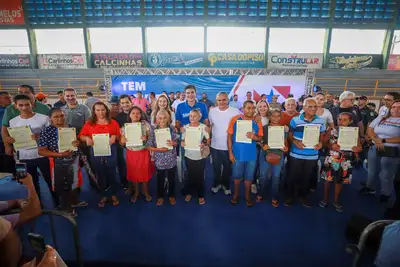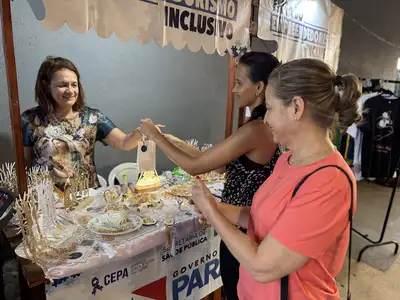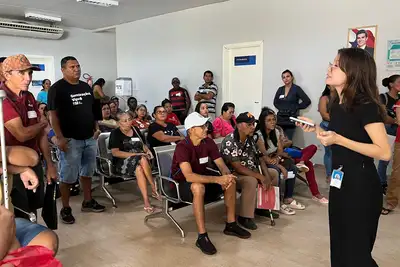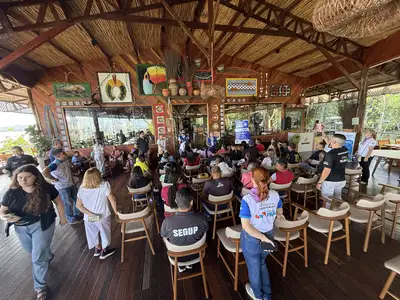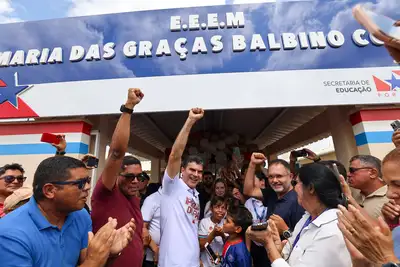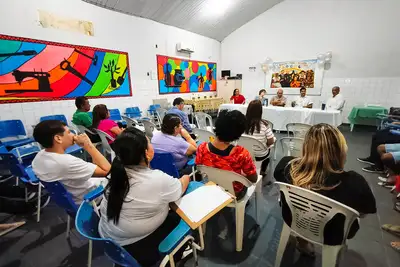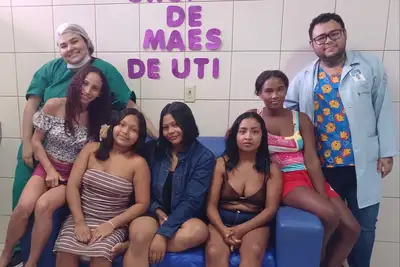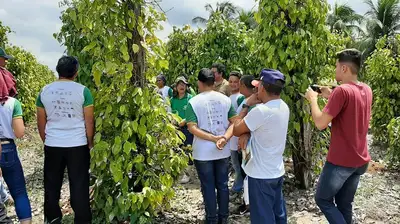Pará highlights integration between environmental, social practices and environmental licensing
The topic was addressed by Semas at the International Conference on Environmental Law in Belém
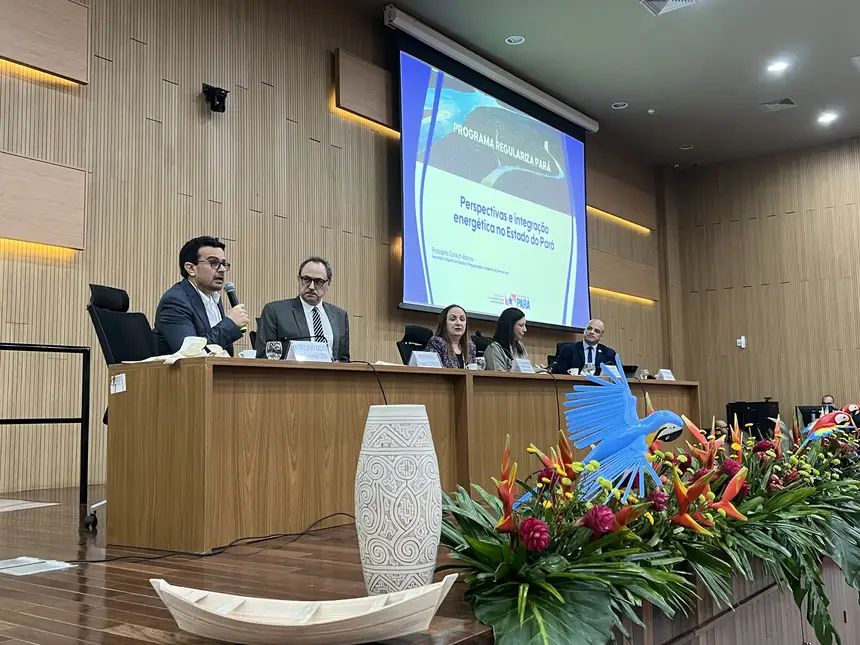
The State Secretary of Environment, Climate and Sustainability (Semas) represented the State at the VII International Conference on Environmental Law, held in Belém on September 18 and 19. The Deputy Secretary of Environmental Management and Regularity of Semas, Rodolpho Zahluth Bastos, was one of the speakers on Panel I, which discussed "Environmental Licensing and the Provision of ESG and GHG Emission Reduction Conditions."
The panel also included the participation of Talden Farias (university professor), Rosa Ramos (president of the Climate Commission of the Brazilian Bar Association (OAB) of São Paulo), and Alexandre Burmann (president of the Brazilian Union of Environmental Advocacy – UBAA), chaired by Ana Cláudia Cruz da Silva (member of the Environmental Commission of OAB Pará).
The secretary highlighted Pará's advances in building an agenda that connects the requirements of environmental licensing to ESG (environmental, social, and governance) business practices. He noted that the State has been maturing the debate in recent years on how to align environmental efficiency with the corporate commitments made by companies.
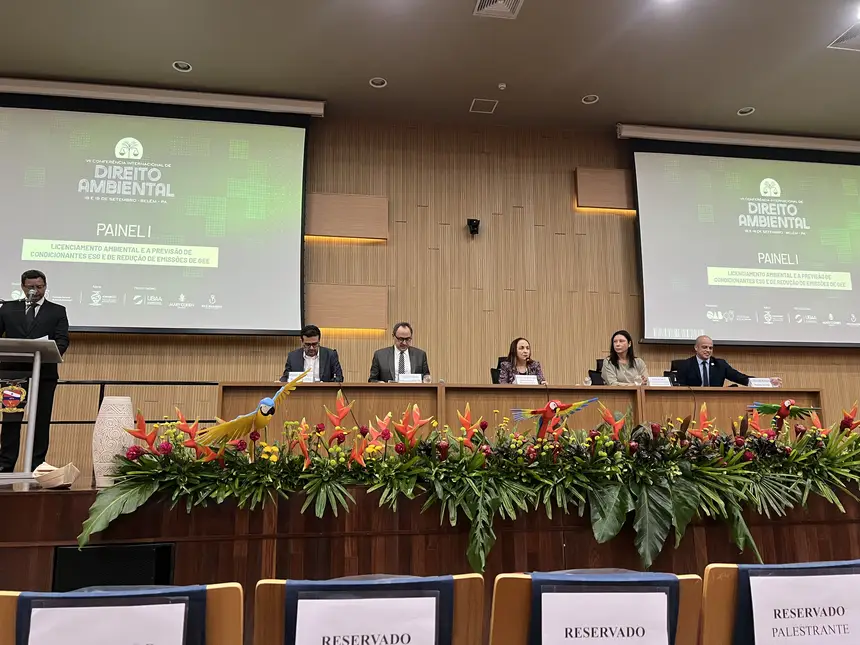
“In addition to the mitigation and compensation projects defined in environmental licensing, many projects with positive impacts, both social and environmental, are structured under the ESG umbrella. The goal is to integrate these actions so that they complement public policies and strengthen the sustainable development of the territory,” said Rodolpho.
The secretary emphasized that ESG initiatives, such as reforestation programs, support for communities, and investments in sustainability, need to be incorporated into environmental studies and the formal commitments of licensing. He also advocated for more balance among the components of the assessment of the physical, biological, social, and cultural environment analyzed in the processes.
It was also reinforced that licensing should be seen as a dialogue process with the territory in favor of jointly building solutions. In this sense, he presented examples of Cooperation Agreements and other instruments already established by the State, which integrate business commitments into Pará's public policies in the areas of energy transition, land use planning, reforestation, mangrove conservation, community oyster farming, strengthening community management in fishing, quilombola, and extractive territories, as well as rainwater harvesting systems.
“Ideally, ESG actions should be aligned with the State's priorities, such as the State Policy on Climate Change (PEMC), the Regulariza Pará Program, and the State Policies for Coastal Management and Fisheries Management. When this articulation happens, we achieve more effective results for the inclusion of people, community resilience, society, and the environment,” he concluded.


